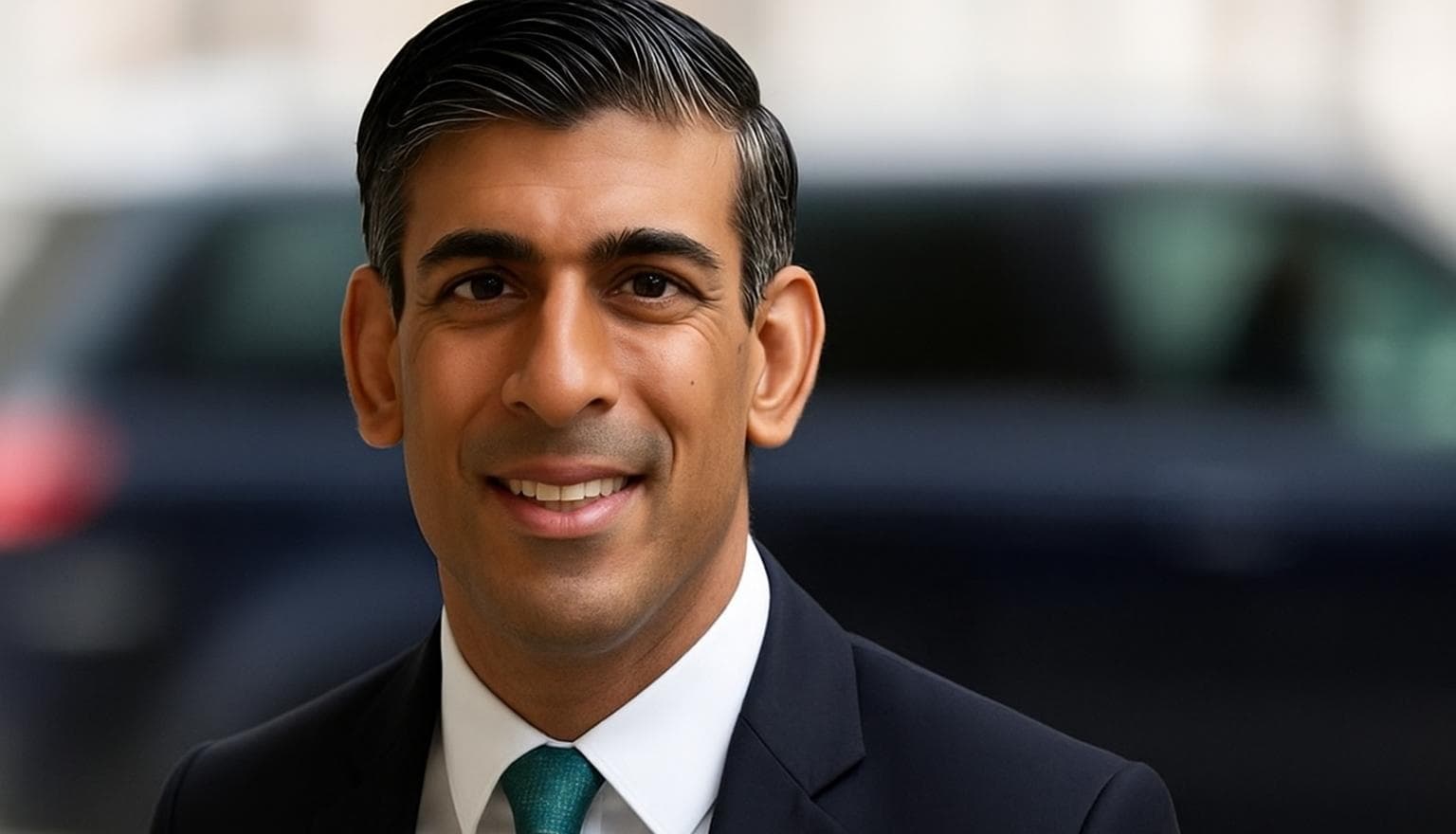Activist Investor Elliott Eyes Game-Changing Role in Global Payments
In a move that has captured the attention of Wall Street and industry insiders alike, Elliott Investment Management has quietly established a significant stake in Global Payments Inc. (GPN). Known for its savvy and meticulous approach to activist investing, Elliott's involvement signals a potential turning point for the payments tech giant, which has faced challenges in recent years and a share price that’s fallen dramatically from its 2021 highs.
Global Payments: A Complex Player in the Payments Industry
Global Payments stands as a major payments technology provider, offering comprehensive software and services to merchants of varying sizes around the globe. With two distinct segments—Merchant Solutions and Issuer Solutions—the company plays dual roles: enabling small and medium-sized businesses to accept card and digital payments, and serving financial institutions with card portfolio management technologies.
- Merchant Solutions contributes about 75% of total revenues, facilitating transaction processing, funding, dispute resolution, and business management software.
- Issuer Solutions supports card issuers with proprietary processing, tokenization, and commerce technologies, a segment formed after its 2019 merger with Total System Services (TSYS).
From Pandemic Resilience to Market Pressure
While Global Payments navigated the pandemic with relative stability, its sales momentum has notably slowed since 2020. Competitors such as Stripe, Shopify, and Fiserv’s Clover have increasingly chipped away at the company's market share. The stock, once soaring close to $220 per share in 2021, now languishes near $80, reflecting investor skepticism and intensified competition.
The Worldpay Acquisition: A Controversial Bet
In April, Global Payments announced a major transaction—involving acquiring Worldpay from Fidelity National Information Services (FIS) and private equity firm GTCR, while concurrently divesting its Issuer Solutions division to FIS. This restructuring is intended to position Global Payments as a pure-play commerce solutions firm. However, the strategic move sparked a 17% share price decline amid worries over the high acquisition price (about 10.5x EBITDA, compared to the company’s own 6.5x trading multiple), past integration missteps, and an apparent contradiction of previous commitments to pursue smaller-scale acquisitions and deliver increased shareholder returns.
Investor Concerns and Market Sentiment
The market’s cold response embodies broader skepticism surrounding large-scale M&A deals in the payments sector, especially given recent history where prior major mergers in 2019 unraveled. Questions loom over Global Payments’ management ability to execute such a complex acquisition and realize promised cost synergies of $600 million annually and additional revenue synergies of $200 million.
How Elliott's Activism Could Revive Confidence and Catalyze Growth
Enter Elliott—renowned for its deep analytic rigor, industry expertise, and governance activism. The firm doesn’t rush into investments; rather, it carefully vets companies, often waiting years before engaging. Its team includes former tech executives, private equity analysts, and management consultants, equipped to bolster operational and strategic reforms.
Global Payments today needs more than optimism; it requires stringent oversight, disciplined execution, and renewed credibility. Elliott’s potential board involvement could enforce a timely M&A pause, bring in seasoned experts in large-scale integrations, and reinforce strong accountability within management ranks.
- Board Reconstitution: Adding Elliott representatives could restore investor faith and foster a culture of accountability.
- Strategic Focus: Committing to a moratorium on new acquisitions to focus on integrating Worldpay seamlessly.
- Financial Discipline: Managing leverage prudently and exploring buybacks if shares remain undervalued.
Why This Matters for U.S. Payment Ecosystem and Investors
Global Payments sits at the crossroads of evolving payment technologies and financial services. The company’s success or failure impacts not just investors but small and medium enterprises nationwide relying on trustworthy and efficient payment platforms. Elliott’s activist approach could serve as a blueprint illustrating how engaged shareholders can push for operational excellence and value creation in a fiercely competitive, evolving sector.
Looking Ahead
Given widespread disapproval of the Worldpay acquisition and low investor confidence in management, Elliott’s board nomination seems poised for success. Their history of effecting strategic realignment in technology companies lends credibility to hopes for a turnaround.
However, the journey ahead is complex. Executing large mergers demands precision, cultural alignment, and swift realization of synergies—areas where Global Payments’ management has room for improvement.
Editor's Note
Global Payments stands at a pivotal inflection point. Will Elliott’s seasoned activism unlock hidden value and execution discipline? Or will lingering doubts about acquisition integration and market competition temper expectations? As the payments landscape rapidly shifts, stakeholders should watch this saga as a compelling case study on activist influence shaping corporate strategy and shareholder value in the modern financial ecosystem.
Ken Squire, founder of 13D Monitor, highlights the broader implications of all this, noting the increasing importance of strong, knowledgeable board governance in complex merger scenarios.












